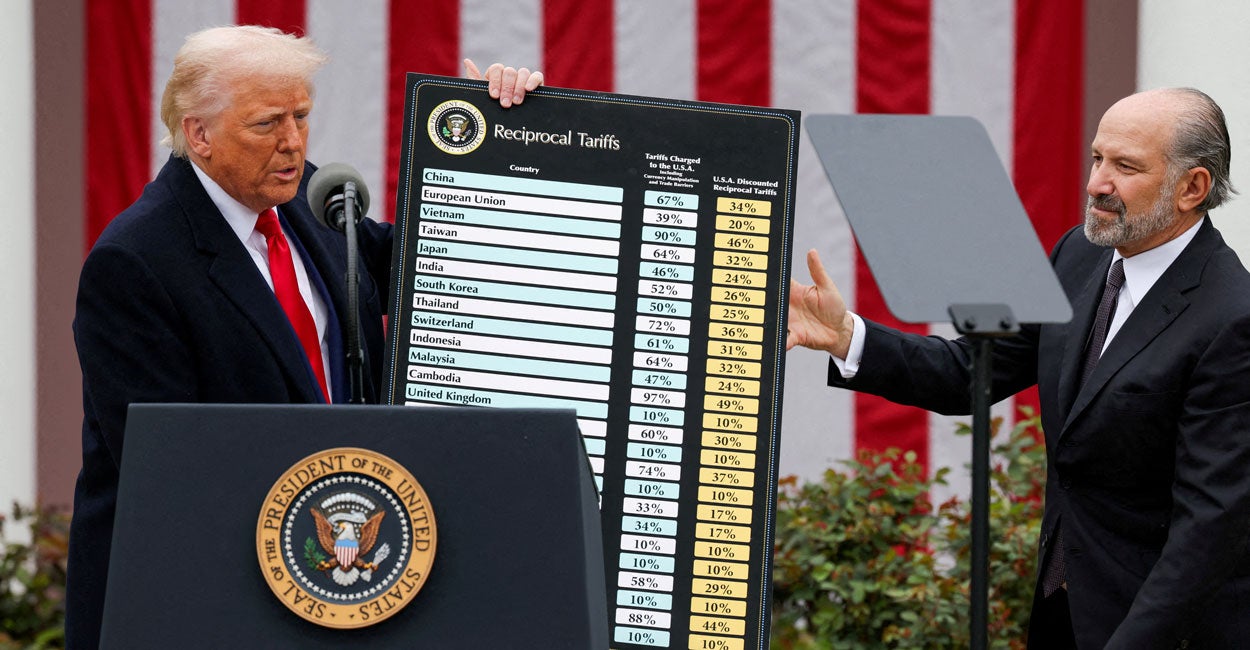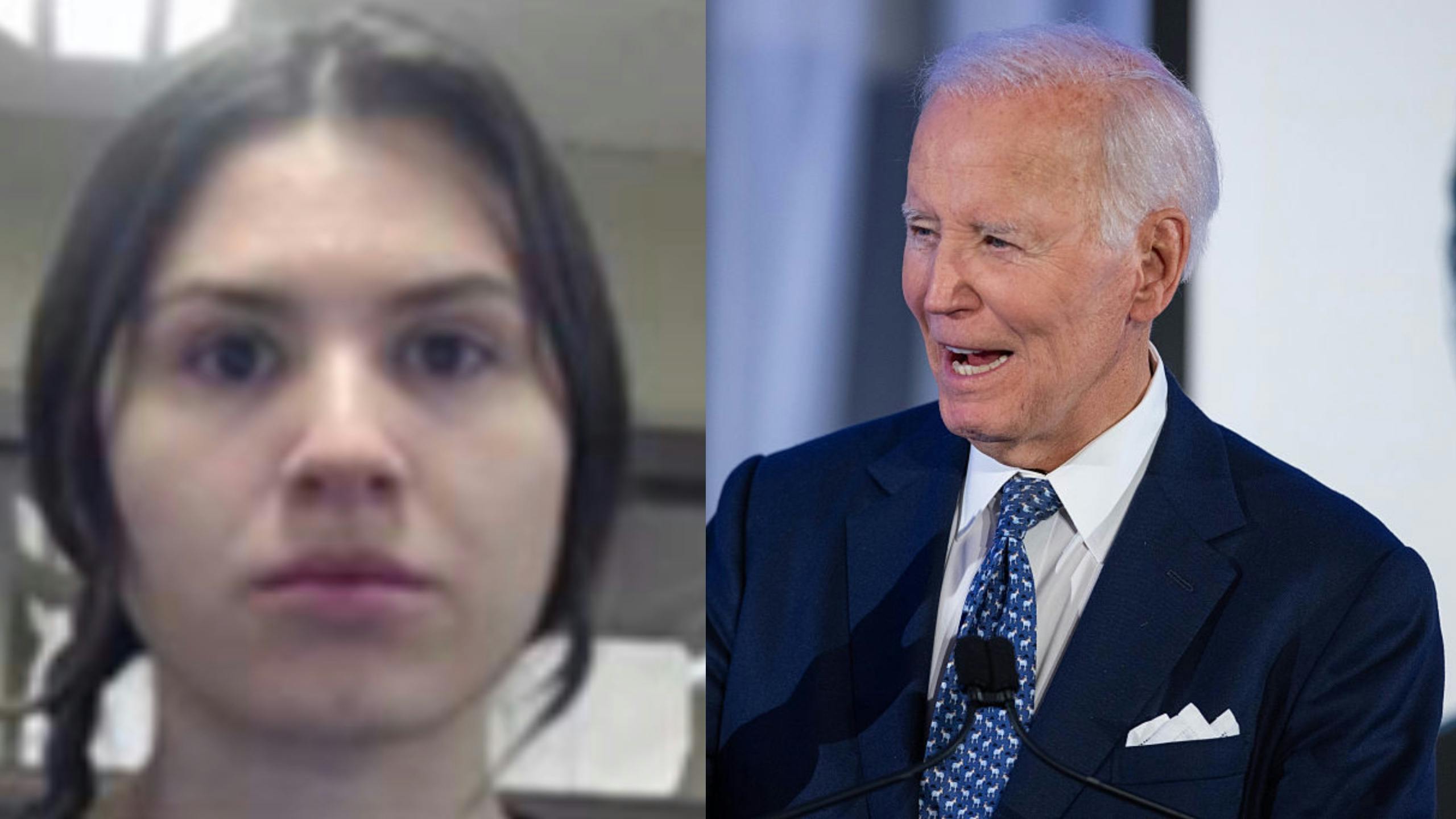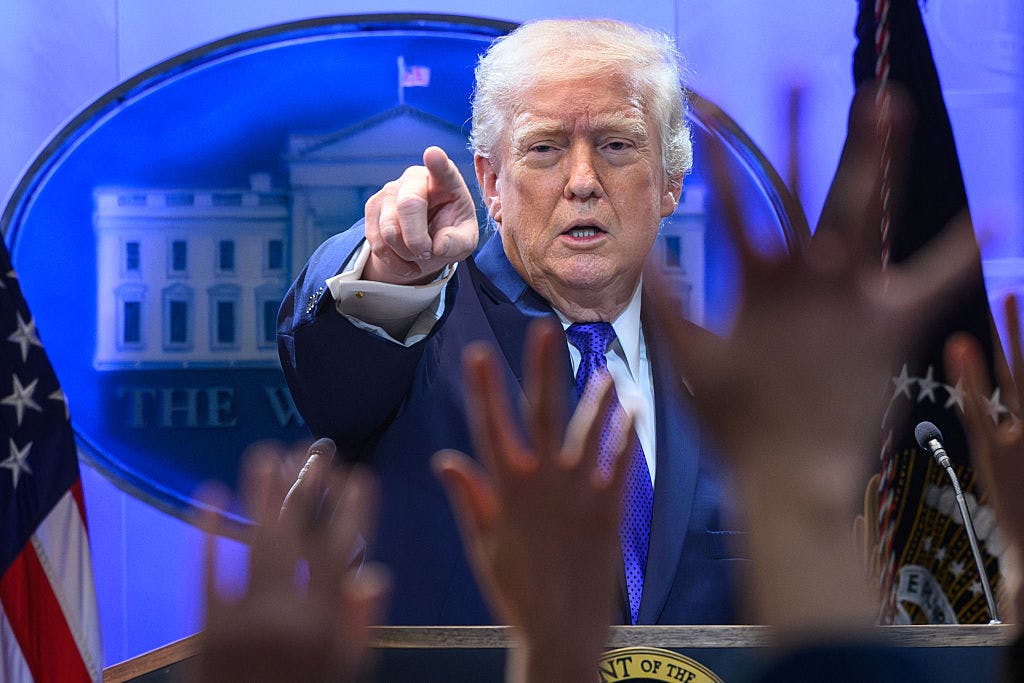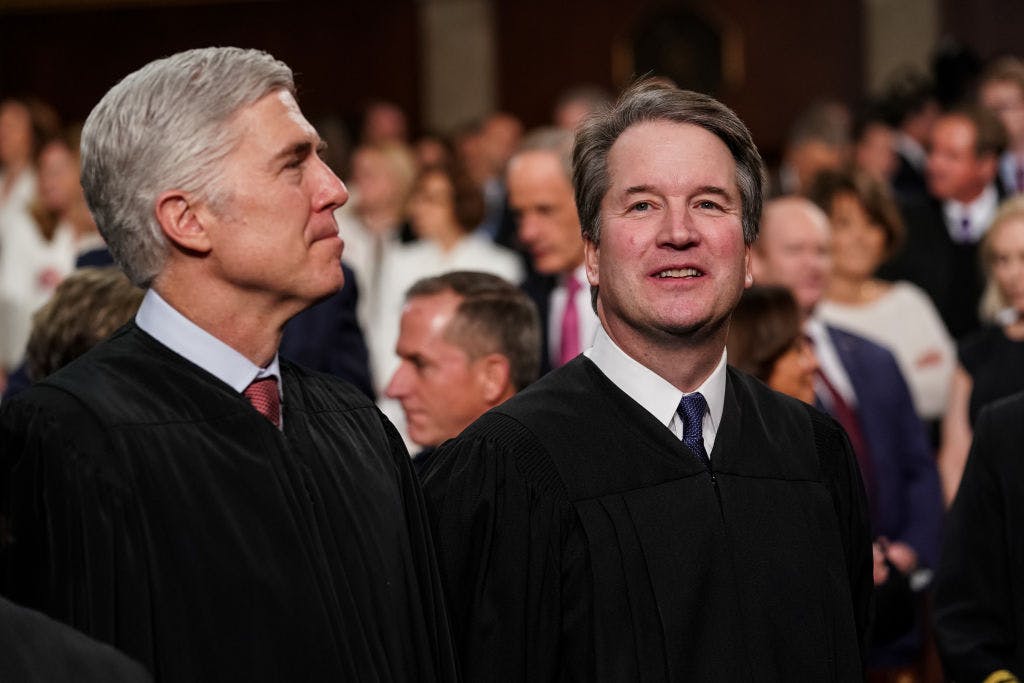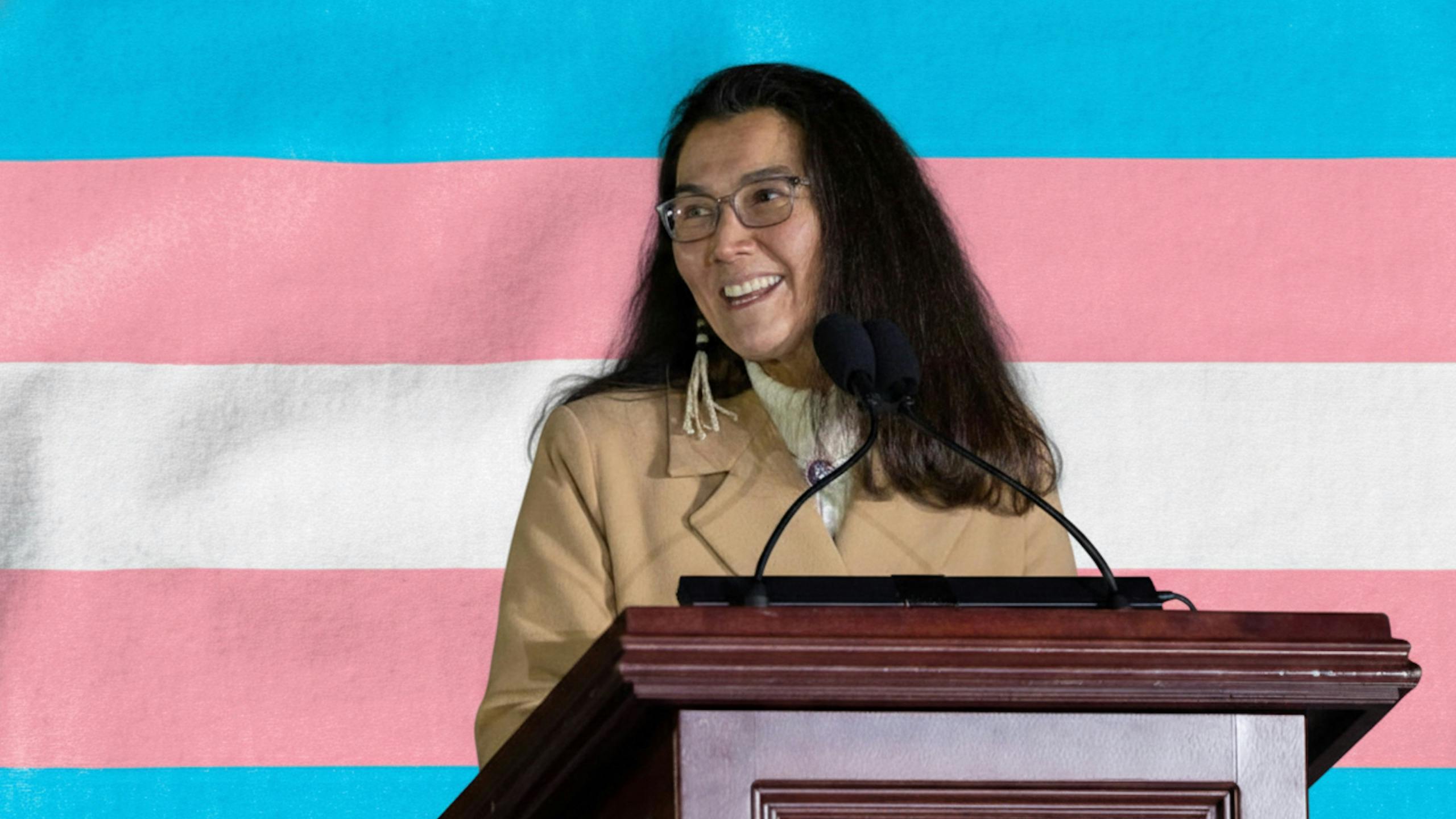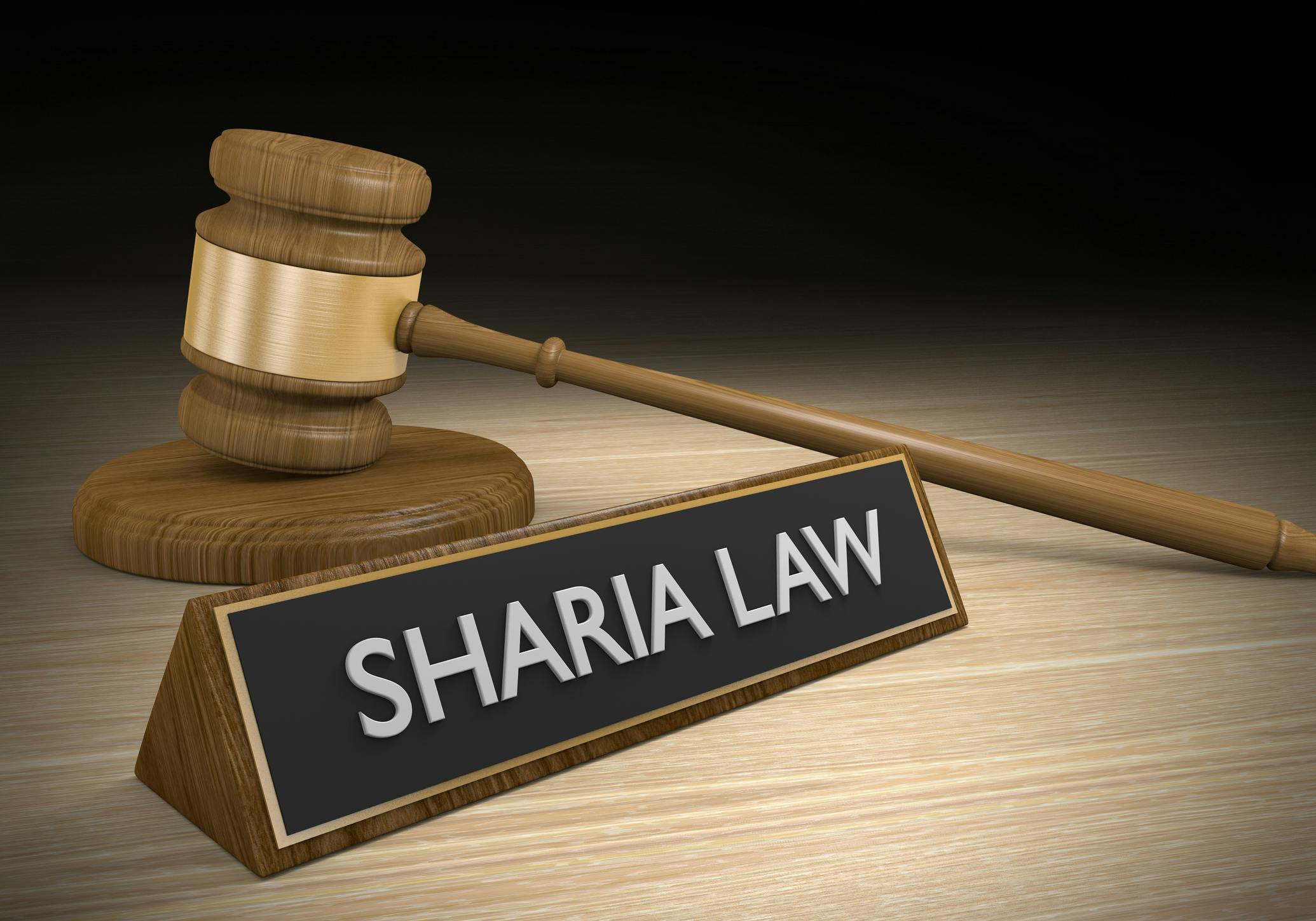Wikipedia Co-Founder Exposes the Online Encyclopedia’s Extreme Bias—and What You Can Do About It

Larry Sanger helped to create Wikipedia, but he says he is horrified at how biased it has become—and he has a few suggestions about how to fix it.
Live Your Best Retirement
Fun • Funds • Fitness • Freedom
“Wikipedia shapes public opinion more than any other single information source of its kind, more than any newspaper or broadcast or podcast,” Sanger tells The Daily Signal. “It is the one go-to free source of information on every topic under the sun, essentially.”
Wikipedia, the world’s ninth most visited website, exists in 340 languages and attracts more than 1.5 billion unique device visits per month, as of April 2024. Many users check Wikipedia articles before doing further research, giving the site a tremendous impact on the public.
Yet the site “simply cannot be taken seriously as a neutral source,” Sanger argues. The site’s editors operate on the idea that one point of view—globalist, academic, secular, and progressive or GASP— is “essentially the neutral, vanilla, point of view,” and that “all other views are false, misinformation, crazy talk, pseudoscience, pseudohistory.”
The God Example
Sanger highlights the Wikipedia page on Yahweh, the Hebrew name for the God he worships.
“That word is translated ‘the Lord’ in your Bible,” he explains. “It is the God of the Christians and the Jews.”
“The article titled ‘Yahweh’ in Wikipedia says that Yahweh was the chief god of a polytheistic pantheon of deities, and doesn’t even mention the attitudes and beliefs of modern Christians and Jews in the article,” he notes.
Not only is such a claim wildly offensive to Jews and Christians, but it is “entirely speculative,” Sanger explains. “It involves rejecting the plain words of the [biblical] text and essentially reading in a different narrative on the theory that the texts were not written by Moses.”
He notes that the traditional Jewish and Christian understanding of God appear on Wikipedia—but not in that article.
“You can find such views characterized, buried 12,000 words down in a separate article called ‘God in Christianity,'” he explains.
Wikipedia’s Systemic Bias
This example may be the most egregious, but it is far from alone. A June 2024 Manhattan Institute study found systemic bias in favor of liberals and Democrats against conservatives and Republicans on Wikipedia.
Sanger notes Wikipedia’s “reliable sources/perennial sources” page, which assigns ratings to various sources.
“Essentially, ideologues can, with the apparent agreement of most of the participants on Wikipedia, they can simply get rid of entire sources, like The Daily Signal, just for example,” he says.
The page traces back to 2018, when an anonymous account going by “Mr. X.” created a list of what Wikipedia editors had decided about various sources.
“In the seven years since then, Wikipedia has essentially blacklisted almost all conservative media,” Sanger notes. He mentions outlets such as The New York Post, the Federalist, Breitbart News, The Epoch Times, and others.
Only “very firmly establishment” conservative sources, such as National Review and the Wall Street Journal, are not blacklisted.
“If some facts simply don’t appear in more centrist or leftwing sources,” he explains, “the fact cannot be reported on by Wikipedia.”
Meanwhile, the Southern Poverty Law Center, which puts mainstream conservative and Christian groups on a “hate map” alongside chapters of the Ku Klux Klan, is “greenlit entirely.”
While Sanger recalls seeing “creeping bias” on Wikipedia beginning in the mid-2000s, he says it went “off the edge” in 2016, moving “into the area of what I would describe as propaganda, at least when the culture war topics were brought up.”
If Wikipedia bias were considered an in-kind contribution for a political campaign, Sanger says, “it’s got to be in the millions, for sure.”
What Can You Do About Wikipedia Bias?
Sanger has a concrete proposal to fix Wikipedia’s systemic bias: he calls it “The Nine Theses.”
Among other things, he recommends the site end decision-making by “consensus;” enable competing Wikipedia articles on the same topic; abolish source blacklists; revive the site’s original neutrality policy; repeal a rule called “ignore all rules;” reveal who Wikipedia’s leaders are; allow the public to rate articles; end indefinite blocking; and adopt a legislative process to determine the site’s rules.
Sanger recommends Wikipedia’s leadership have a “face-to-face” meeting where each person gets one vote to determine how the site should run.
He encourages more people to sign up on Wikipedia and engage in discussions about the site.
“There needs to be a lot more public participation,” he notes. “Wikipedia is like an open polity—you can actually participate in it.”
He encourages more people—not just American conservatives, but users in the global south, Hindus, Christians, and Jews—to sign up and edit articles on Wikipedia, while carefully following the rules.
“It’s time to stop complaining about it and start doing something about it,” he says.
If Sanger’s campaign for internal changes fails, he says Congress may need to intervene.
He notes that Section 230 of the Communications Decency Act of 1996 grants platforms like Wikipedia some immunity for content. This protects Wikipedia from claims of libel and defamation.
“If there’s no recourse for libel in this sort of system because the platform is allowed to have anonymity even among the top editorial authorities in Wikipedia,” Sanger says.
“There are carve-outs that can be made,” he suggests. While he says such a change is “not my top choice,” he suggests it may end up being the only viable option.
The post Wikipedia Co-Founder Exposes the Online Encyclopedia’s Extreme Bias—and What You Can Do About It appeared first on The Daily Signal.
Originally Published at Daily Wire, Daily Signal, or The Blaze
What's Your Reaction?
 Like
0
Like
0
 Dislike
0
Dislike
0
 Love
0
Love
0
 Funny
0
Funny
0
 Angry
0
Angry
0
 Sad
0
Sad
0
 Wow
0
Wow
0


